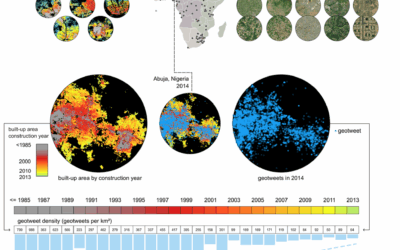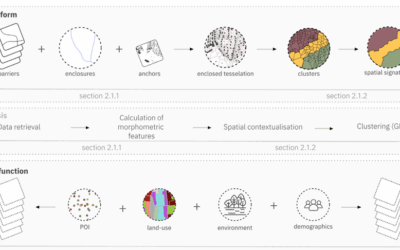With the increasing spatial and temporal resolutions in Earth Observation data, with the increasing capabilities of machine learning and artificial intelligence techniques in image analysis, ethical concerns in the field of remote sensing also increase. The Technical University of Munich, the Earth Observation Center (EOC) of the German Aerospace Center (DLR) and our Earth Observation Research Cluster of the University of Würzburg have continued cooperation on this subject. They presented and published their work “Conducting Ethically Mindful Earth Observation Research: The Case of Slum Mapping” at this year’s International Geoscience and Remote Sensing Symposium (IGARSS) conference in Pasadena, California, USA.
From the abstract: Ethical issues in Earth Observation (EO) research have not received much attention in academic research thus far. However, they are becoming centrally relevant as a result of increasing satellite image resolution, the use of Artificial Intelligence or Machine Learning tools together with EO data, and an ever-expanding number of real-world use cases based on EO data or image analysis. In this short paper, we provide a summary of ethical issues linked to one key field of EO research, namely, slum mapping, to provide EO scientists some food for thought on how best to re-frame this field of research to avoid ethical pitfalls and maximize ethical opportunities.
Please find the full paper here: https://ieeexplore.ieee.org/document/10281725
This work adds to an earlier paper titled “Artificial Intelligence for Earth Observation: Understanding emerging ethical issues and opportunities” in the journal Geoscience & Remote Sensing Magazine. Please find the full paper here: https://ieeexplore.ieee.org/stamp/stamp.jsp?tp=&arnumber=9954451








